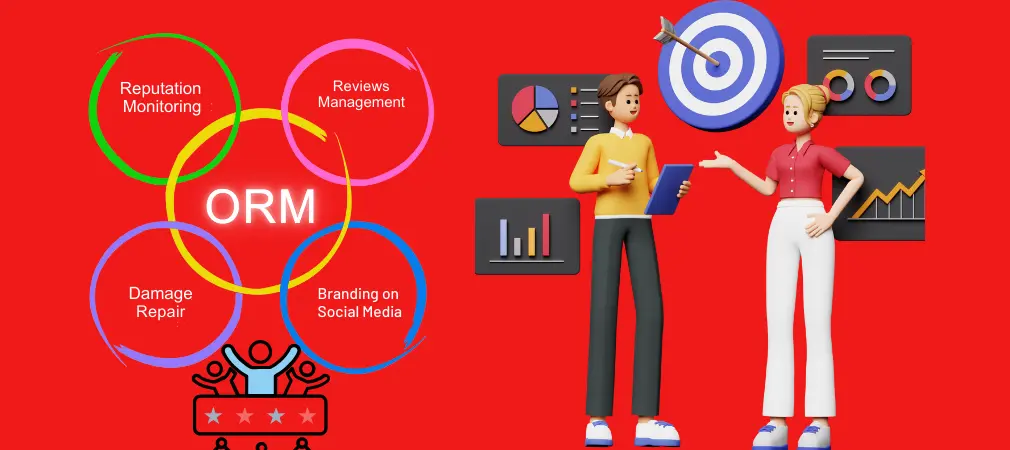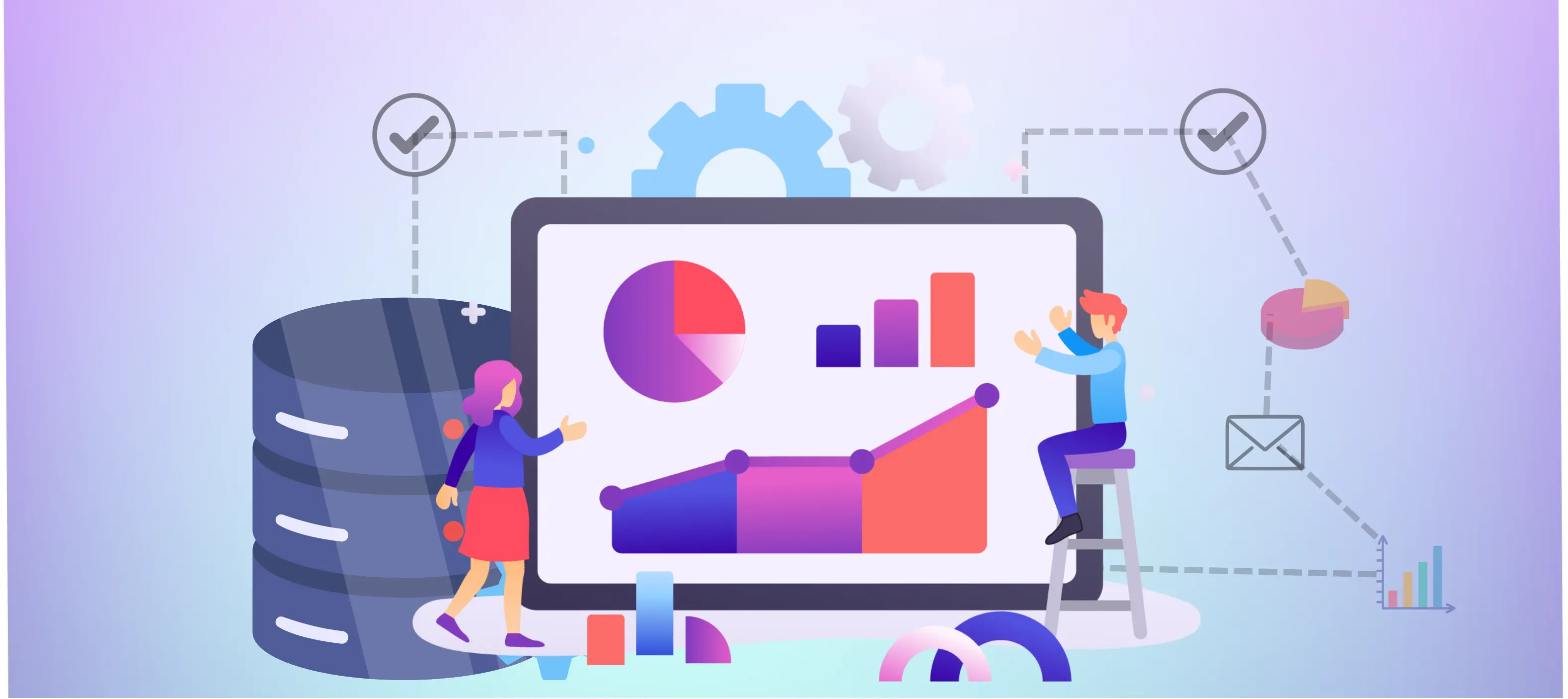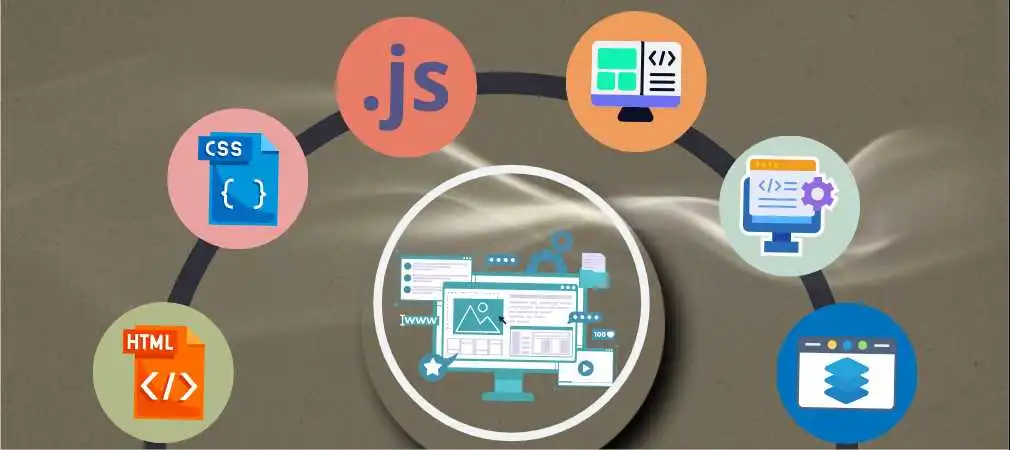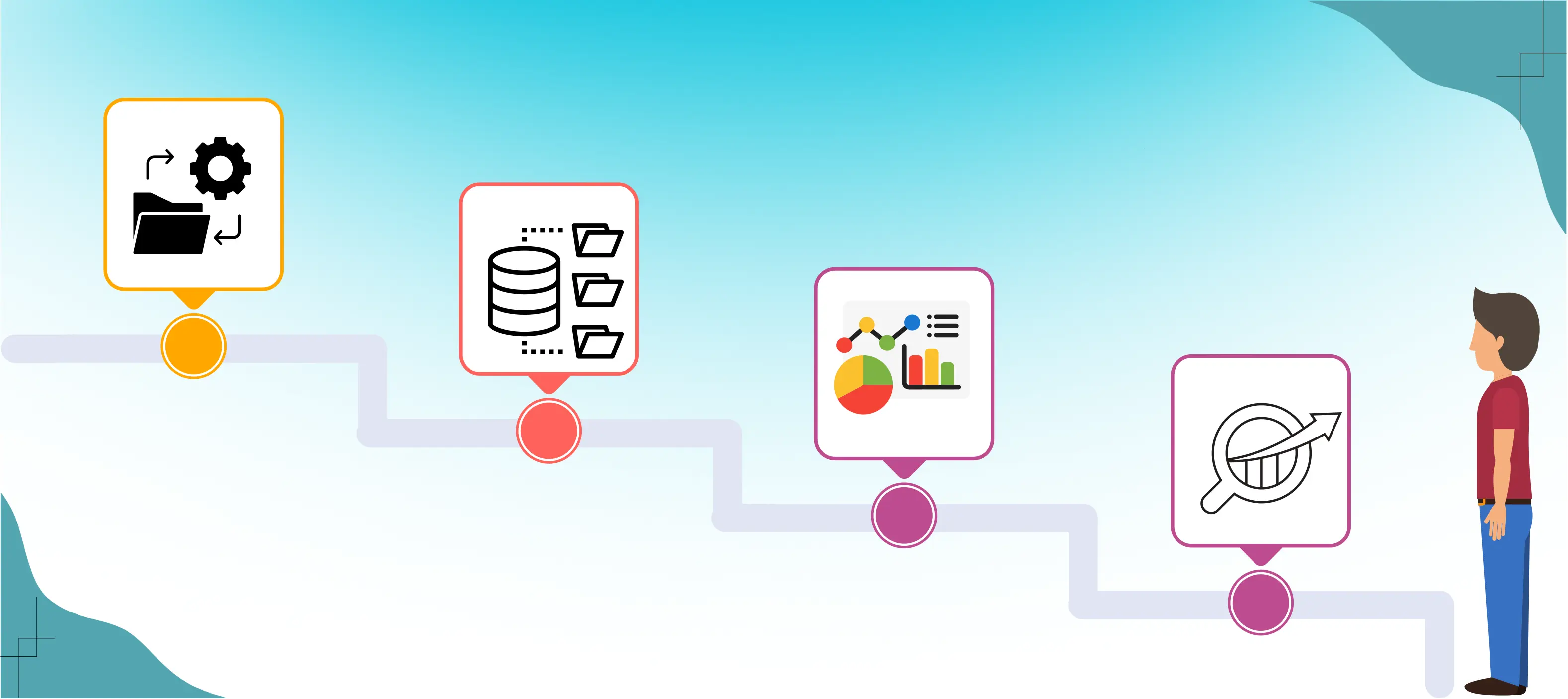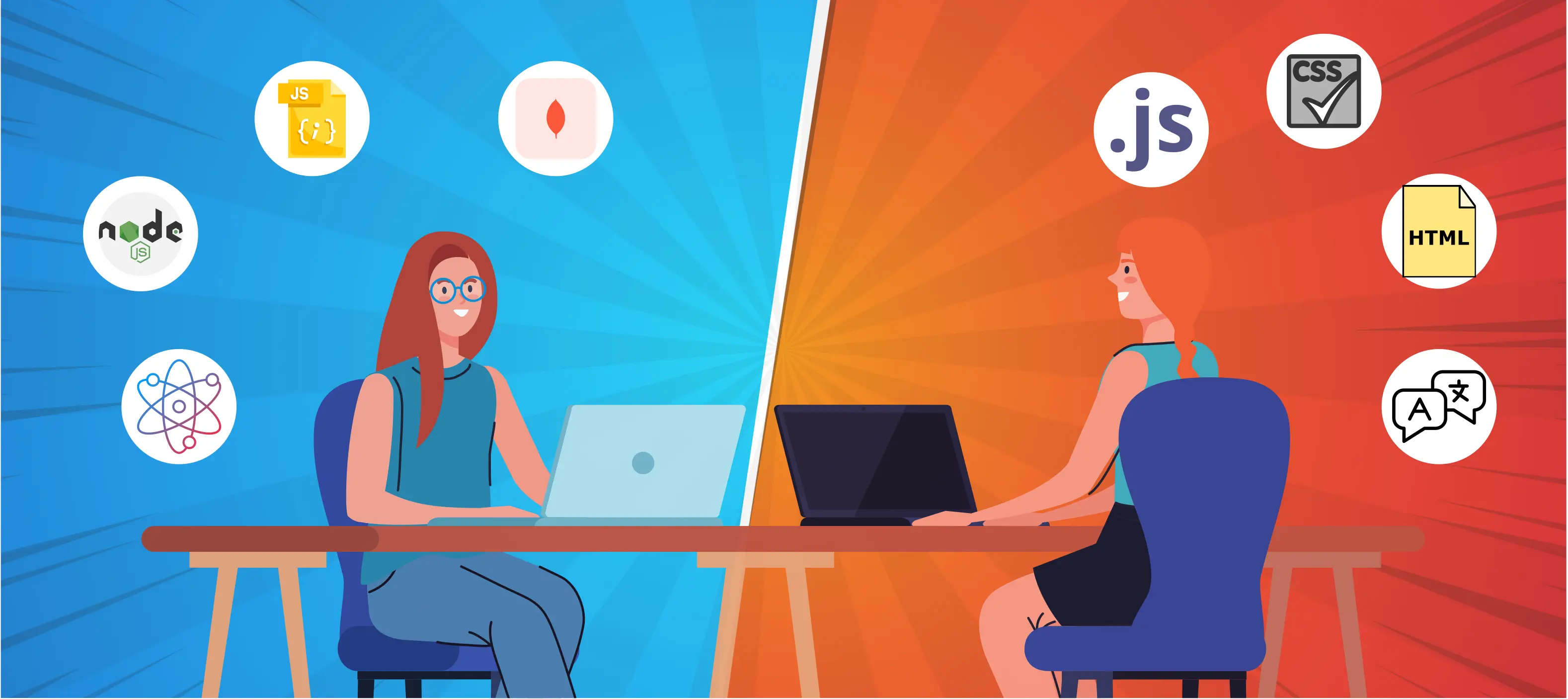Ultimate Comparison: Programmer vs. Developer
Updated on 01st July, 2024
6k views

8 Min read
Introduction
share
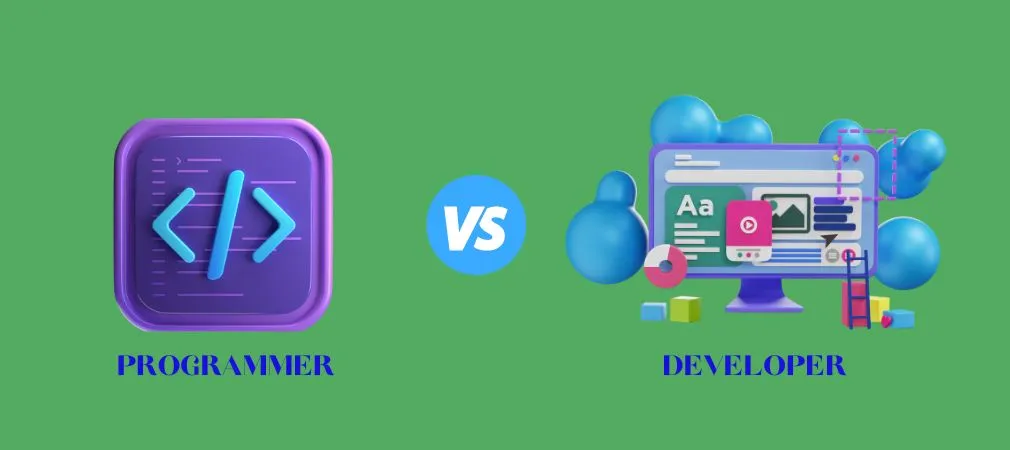
In the world of software creation, the terms "programmer" and "developer" are often used interchangeably, but they actually represent different roles within the tech industry. Understanding these distinctions can be crucial for aspiring tech professionals, employers, and anyone interested in the nuances of software development. This blog will delve into the key differences between programmers and developers, exploring their roles, skills, responsibilities, and the unique value each brings to the table.
Defining the Terms
Programmer
A programmer, often referred to as a coder, is primarily responsible for writing code that enables software applications to function. Their focus is on translating instructions from software developers or engineers into a language that a computer can understand and execute. Programmers typically work with a variety of programming languages such as Python, Java, C++, and JavaScript.
Key Responsibilities:
- Writing Code: Translating algorithms and technical specifications into code.
- Debugging: Identifying and fixing errors in the code.
- Testing: Ensuring that the code works correctly by running tests.
- Maintenance: Updating and modifying code to improve functionality or fix issues.
Skills Required:
- Proficiency in one or more programming languages.
- Strong problem-solving skills.
- Attention to detail.
- Understanding of algorithms and data structures.
Developer
A developer, sometimes called a software developer or software engineer, takes a broader view of the software creation process. Developers are involved in the entire lifecycle of a software project, from initial planning and design to final deployment and maintenance. While they do write code, their role extends beyond programming to include project management, design, and collaboration with other stakeholders.
Key Responsibilities:
- Planning: Collaborating with clients or stakeholders to understand requirements and create project plans.
- Designing: Architecting the software solution, including both frontend and backend components.
- Coding: Writing and reviewing code.
- Testing: Conducting comprehensive tests to ensure the software meets all requirements.
- Deployment: Managing the release of the software and ensuring it is properly integrated with existing systems.
- Maintenance: Ongoing updates and improvements to the software.
Skills Required:
- In-depth knowledge of software development methodologies.
- Proficiency in multiple programming languages and tools.
- Strong analytical and problem-solving skills.
- Project management and communication skills.
- Ability to collaborate with various stakeholders.
Core Differences
Scope of Work
Programmers: Big Data is utilized across numerous industries to achieve various goals.
Developers: Have a broader scope that includes project planning, design, coding, testing, and maintenance. They often act as the bridge between the technical and non-technical aspects of a project.
Approach to Projects
Programmers: Tend to work on specific tasks assigned to them. They follow detailed instructions and specifications provided by developers or project leads.
Developers: Take a holistic approach to projects. They are involved from the initial concept through to completion, ensuring that the software meets user needs and integrates well with other systems.
Skill Set
Programmers: Need a deep understanding of coding languages and algorithms. Their role requires precision and a focus on the minutiae of writing and debugging code.
Developers: Require a more diverse skill set that includes project management, system design, and the ability to communicate effectively with non-technical stakeholders. They must understand the bigger picture and how different components of a project interact.
Overlapping Roles
Despite these differences, there is considerable overlap between the roles of programmers and developers. In smaller companies or startups, individuals might wear both hats, handling everything from coding to project management. In larger organizations, the roles are often more distinct, with programmers and developers working together as part of a larger team.
Career Pathways
Programmers
For those starting as programmers, career progression typically involves gaining expertise in multiple programming languages and technologies. As they become more experienced, programmers may take on more complex coding tasks and assume roles such as lead programmer or software architect. Some may choose to transition into development roles, leveraging their deep coding knowledge to take on broader project responsibilities.
Career Stages:
- Junior Programmer
- Senior Programmer
- Lead Programmer
- Software Architect
Developers
Developers often start with a background in programming but quickly expand their skill set to include project management and system design. As they progress, they may move into senior development roles, managing larger projects or leading development teams. With experience, developers can advance to positions such as chief technology officer (CTO) or product manager.
Career Stages:
- Junior Programmer
- Senior Programmer
- Lead Programmer
- CTO or Product Manager
Education and Training
Both programmers and developers typically have a background in computer science, software engineering, or a related field. However, the depth and breadth of education may vary.
Programmers: Often have a strong focus on coding courses, algorithms, and data structures. Certifications in specific programming languages can also be beneficial.
Developers: In addition to coding, developers may study software development methodologies, project management, and system architecture. Advanced degrees or certifications in software engineering or project management can enhance their qualifications.
Industry Demand
The demand for both programmers and developers is high across various industries, including technology, finance, healthcare, and entertainment. However, the specific needs can vary.
Programmers: Are in high demand for their specialized coding skills. Industries that require custom software solutions or have complex technical requirements often seek skilled programmers.
Developers: Are essential for overseeing entire software projects. Their ability to manage projects from start to finish makes them valuable in any industry that relies on software solutions.
Conclusion
While the terms "programmer" and "developer" are often used interchangeably, they represent distinct roles within the software development process. Programmers are specialists focused on writing and debugging code, while developers take a broader approach, overseeing the entire software project lifecycle. Both roles are crucial, and the choice between them depends on individual skills, career goals, and the specific needs of a project or organization. Understanding these differences can help aspiring tech professionals navigate their career paths and employers make informed hiring decisions.
Bootcamps
Bestseller
Full Stack Development Course
Start Date :Aug 09, 2025
Duration :4 Months
Bestseller
Data Science Course
Start Date :Aug 09, 2025
Duration :4 Months
Suggested Blogs
Mastering Python, SQL, Sci-Kit-Learn, PyTorch, and Google Cloud in 5 Simple Steps
Updated on 21th July, 2024

190k views

10 min Read
Navigating the Tech Seas: Unveiling MERN Stack Development and Decoding the Full Stack Puzzle
Updated on 20th July, 2024

108k views

10 min Read
Understanding Functions and Benefits of Apache Spark in Big Data Tools
Updated on 20th July, 2024

111k views

10 min Read
More Blogs
© 2025 LEJHRO. All Rights Reserved.

